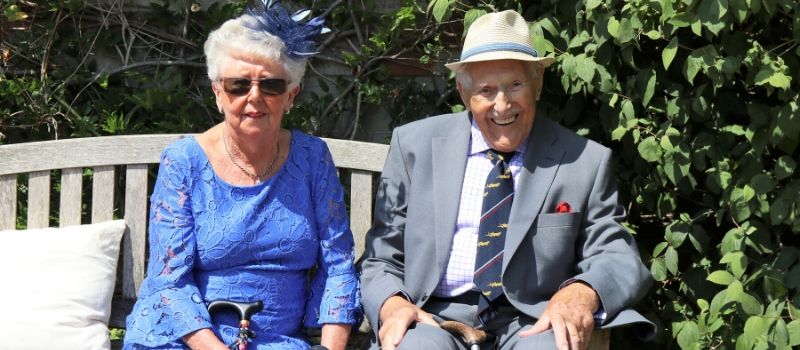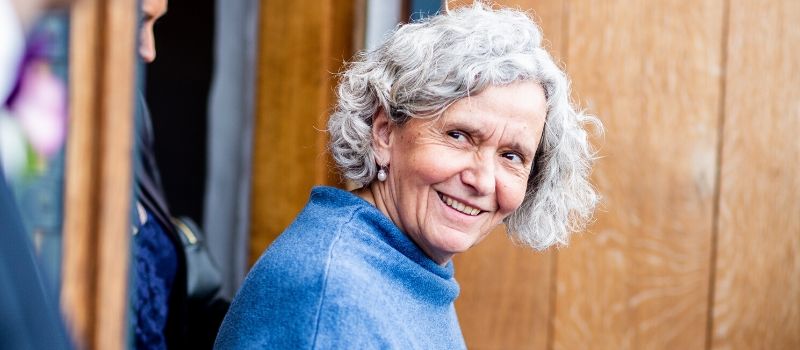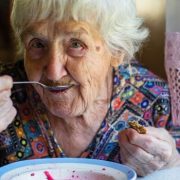5 ways to help your elderly parents
Ageing is something that virtually nobody is looking forward to. There is plenty of reason to love growing old, but we cannot deny that being old comes with some disadvantages. The cognitive and physical abilities of our loved-ones are declining, and they may require some help.
Unfortunately, it is not always easy. Often someone who spend their entire life as an independent person may resist our good efforts. On top of that you may face some hard decisions in order to plan your elderly parents future. Find out 5 ways to help caring for elderly parents.
How to deal with elderly parents – Emotional support
Health problems are the first issue that elderly parents will have to face. It is an inseparable part of ageing. Many older adults have chronic conditions and will need help with medication or getting on their feet after illness. However, mental problems are often overlooked. Studies have shown that depression in old age is a major concern.
That’s why constant emotional support of your parent is crucial. Dealing with negative elderly parents can be frustrating, but don’t give up! You need to remember that often it is the illness speaking not them. Help them through the behavioural changes by simply sticking by their side. Visit often and have long, meaningful conversations in order to beat the loneliness – the major cause of depression.
How to deal with elderly parents – Be involved
Sometimes elderly parent just need to know that you are ready to help. Ask them how was their day or if they need anything from a shop. Encourage seniors to be active, after all there is no age limit put on having productive, fun leisure time.
You can find various organized activities catered for elderly near the place of their residence. Libraries may held weekly bingo or book clubs. Socializing will have a positive affect on seniors mental health, give them sense of purpose and improve their overall quality of life.
How to deal with elderly parents – Keep them safe
While caring for elderly parents in their home, we have to make sure that the environment is safe for someone who may have limited mobility. There are plenty of safety hazards for elderly who are prone to tripping and falling thus hurting themselves.
There are a few simple home modification, that you can implement in order to help older adults stay independent in their homes. For example make sure to keep the floor clean of any clutter, rugs and cords. Add grab bars in the bathroom and minimize the need to bend down.
How to deal with elderly parents – Addressing housing issues
When we think about getting help for our elderly parents, the first thing that comes to our mind is nursing home. Many of us mistakenly believe that it is the best and most affordable care solution for seniors. However over the years the standard of care in care homes deteriorated drastically.
We have to take into consideration, that in order to fund the stay in nursing home, the elderly will likely have to sell their home. They may be eligible to receive additional financial support from the government, but in many cases it is simply not enough. Older people want to retain independence and control over their homes.
Live-in care is a great way to assure that their needs are met. They don’t have to sell property and move to assisted living facility. Your parents continue to live independently surrounded by beloved pets and visited by family without restrictions.
How to deal with elderly parents – Getting help
We can all agree that carers are superheroes and need to be appreciated. Unfortunately caring for a loved one can be stressful. The thought of someone being fully depended on you is overwhelming. So first and foremost, you need to take care of yourself and take into consideration that someday, you may need some professional help. It is nothing to be ashamed of, especially if your elderly parent suffers from dementia of Alzheimer’s disease.
Those types of condition often come with a lot of behavioural issues – being unpleasant and aggressive are only a few of them. Hiring a professional will prove to be necessary.
Live-in care is a care solution that became more popular over the years for several reasons. You put your elderly loved one in a capable hands of a carer, who will provide bespoke 24-hour care.
The highly trained carers are equipped to face challenges that come when caring for patients suffering from various chronic illnesses.




















